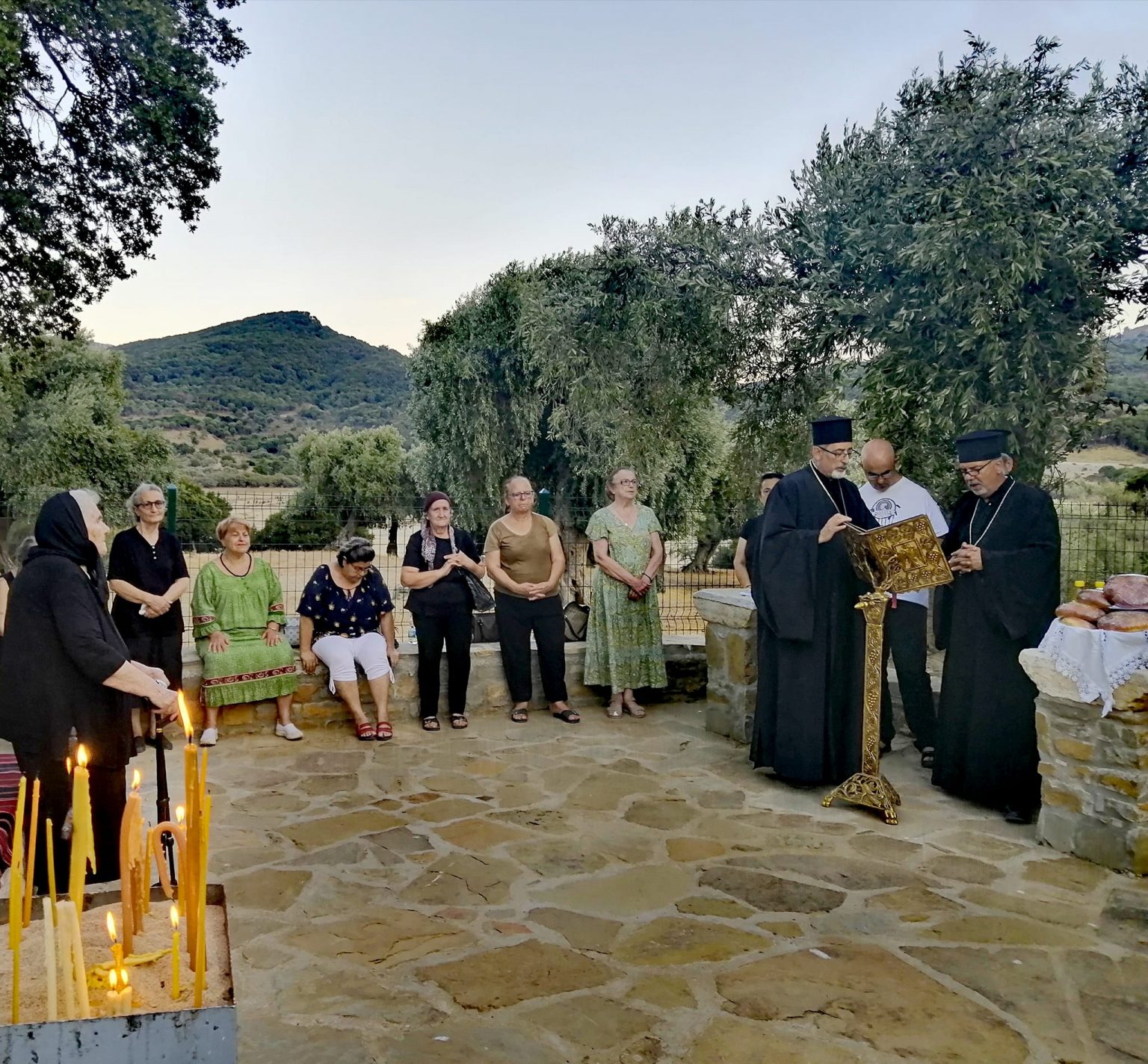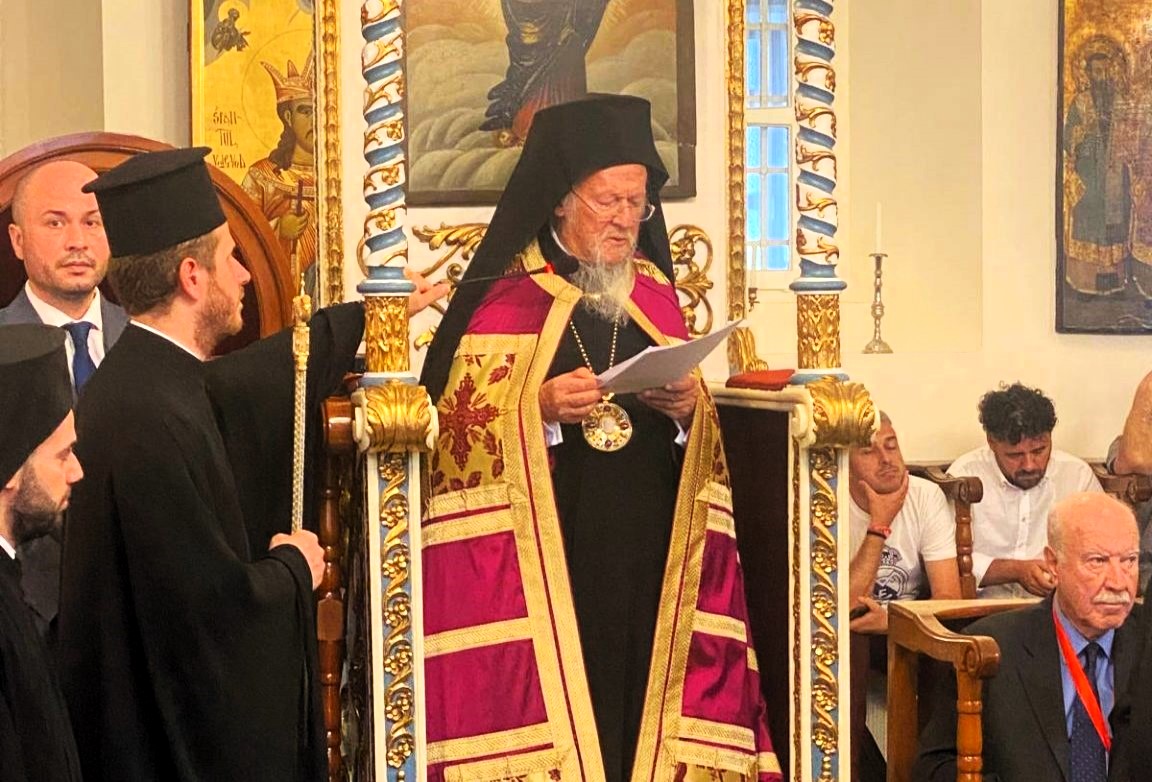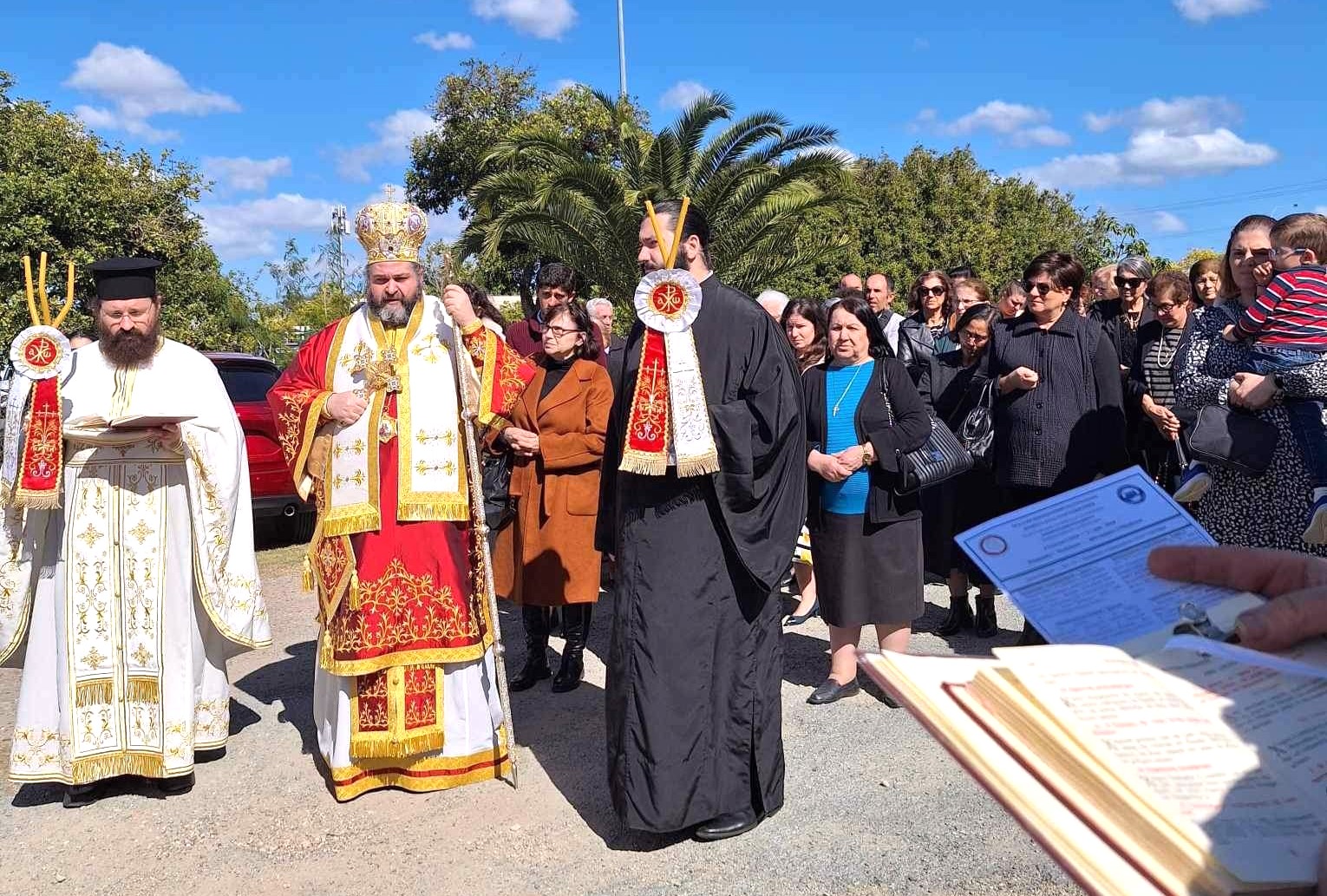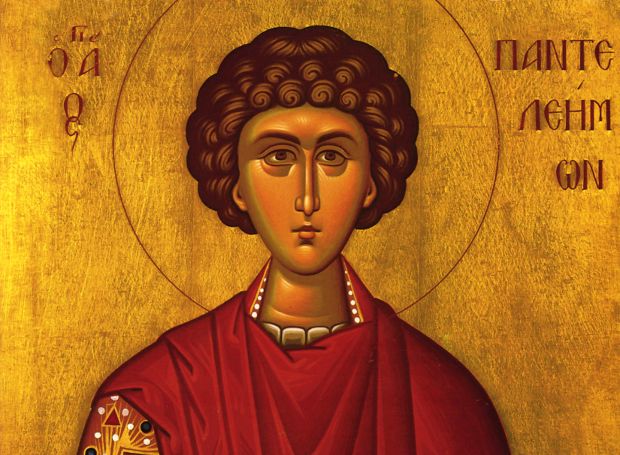Saint Maximos the Confessor (21 January)
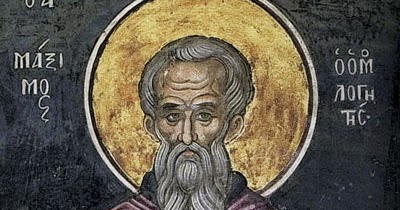

The divine Maximus, who was from Constantinople, sprang from an illustrious family. He was a lover of wisdom and an eminent theologian. At first, he was the chief private secretary of the Emperor Heraclius and his grandson Constans. When the Monothelite heresy became predominant in the royal court, out of hatred for this error the Saint departed for the Monastery at Chrysopolis (Scutari), of which he later became the abbot. When Constans tried to constrain him either to accept the Monothelite teaching, or to stop speaking and writing against it – neither of which the Saint accepted to do – his tongue was uprooted and his right hand was cut off, and he was sent into exile where he reposed in 662. At the time only he and his few disciples were Orthodox in the East (See also August 13).
Apolytikion of Maximus the Confessor
Plagal of the Fourth Tone
You are a guide of Orthodoxy, a teacher of piety and modesty, a luminary of the world, the God inspired pride of monastics. O wise Maximos, you have enlightened everyone by your teachings. You are the harp of the Spirit. Intercede to Christ our God for the salvation of our souls.
Kontakion of Maximus the Confessor
Plagal of the Fourth Tone
Let us the faithful praise with fitting hymns that lover of the Holy Trinity, great Maximus, who clearly taught the divinely-given Faith: that we should give glory unto Christ our God, Who, though but one hypostasis, hath in very truth two natures, wills, and energies. Let us cry to him: Rejoice, divine herald of the Faith.
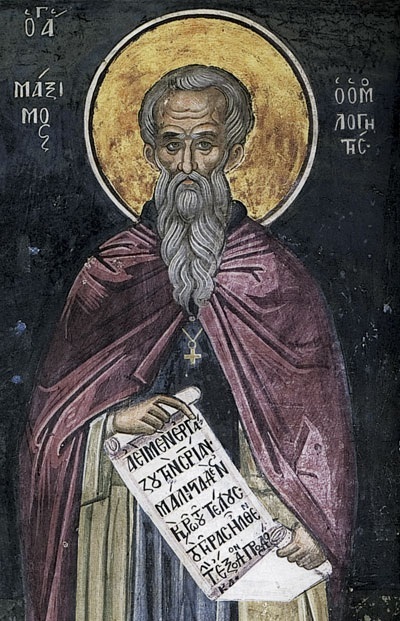

Maximus was a Constantinopolian by birth. At first he was a high-ranking courtier at the court of Emperor Heraclius, and after that he was a monk and abbot of a monastery not too far from the capital. He was the greatest defender of Orthodoxy against the so-called Monothelite heresy, which proceeded from the heresy of Eutyches. As Eutyches claimed that there is only one nature in Christ [Monophysitism], so the Monothelites claimed that there is only one will in Christ [Monothelitism]. Maximus opposed that claim and found himself an opponent of the emperor and the patriarch. Maximus did not frighten easily, but endured to the end in proving that there were two wills, as well as two natures, in Christ. Because of his efforts, a council was held in Carthage, and another in Rome. Both councils anathematized the teachings of the Monothelites. The suffering of Maximus for Orthodoxy can hardly be described: he was tortured by princes, deceived by prelates, spat upon by the masses of the people, beaten by soldiers, exiled and imprisoned–until finally, with his tongue and one hand severed by the torturers, he was condemned to exile for life in the land of Skhimaris [near Batumi on the Black Sea], where he spent three years in prison and gave up his soul to God in the year 662 A.D.
Source: goarch.org

